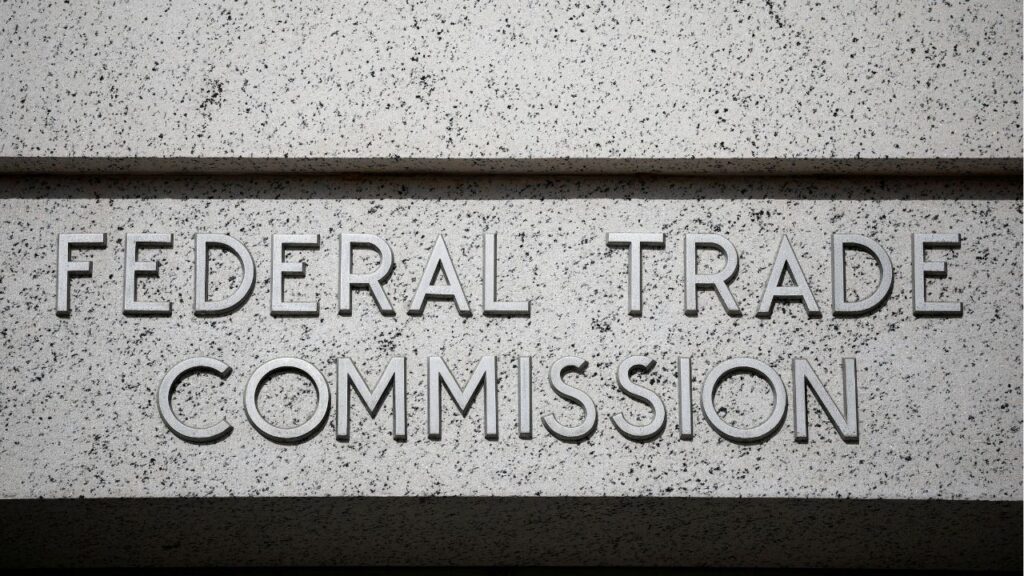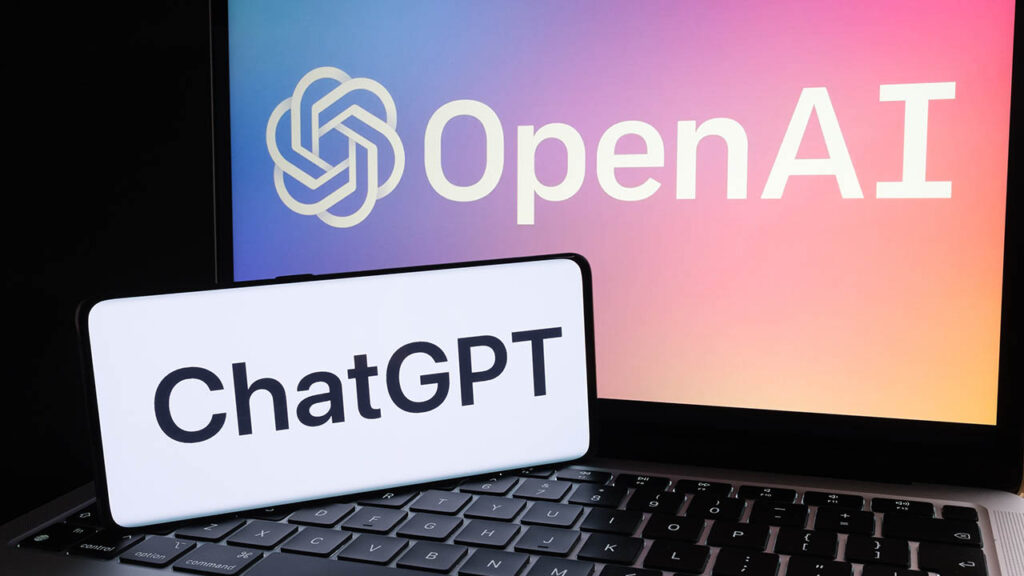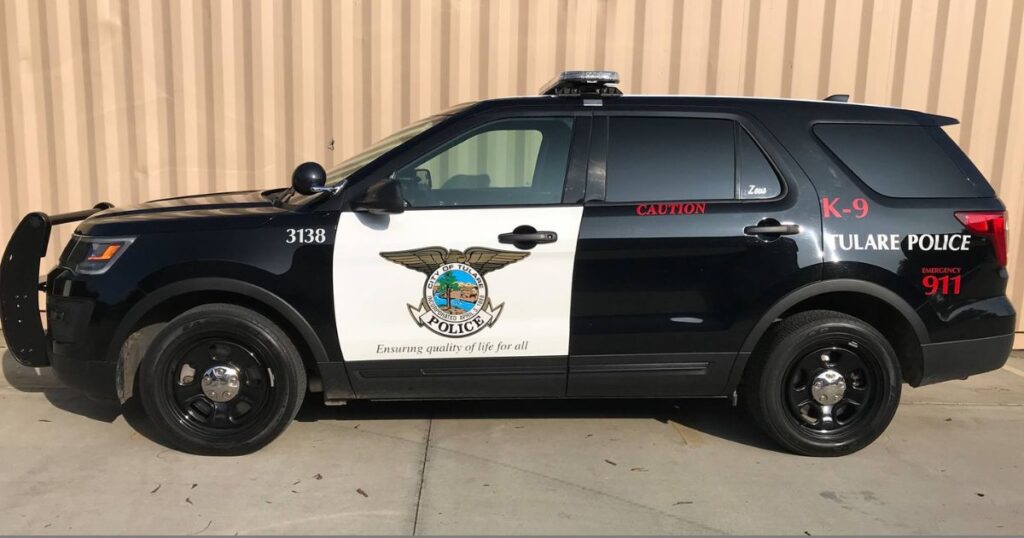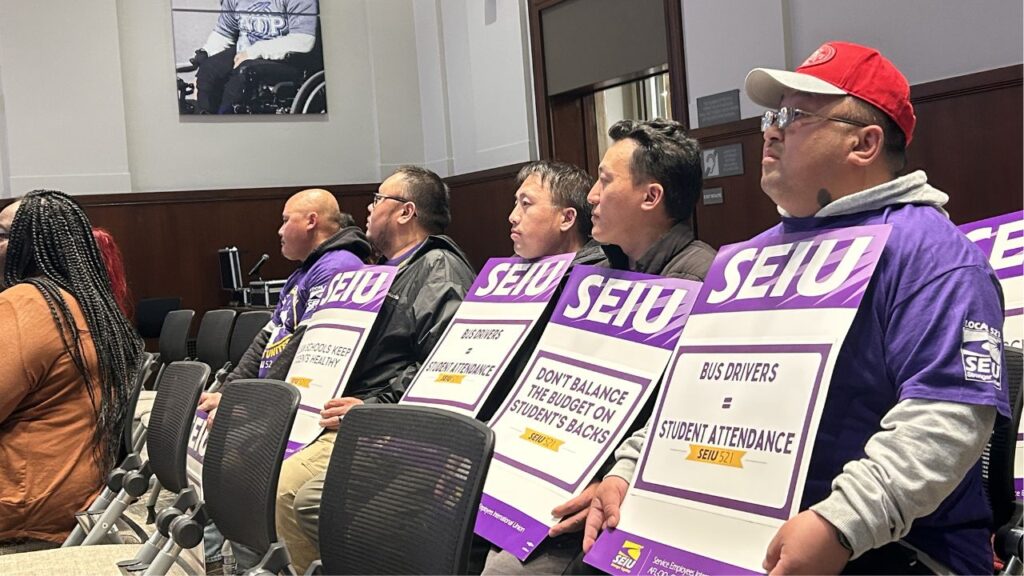Share
The Ralph M. Brown Act represented major progress for transparency in California government when it was enacted in 1953. The law has ensured that generations of Californians have access to their local officials, that the public’s business be conducted in public and that decision-makers hear from their constituents before they take action.
After nearly 70 years, the Brown Act is showing its age. Not only has the internet transformed access to public information as well as public expression and debate, but it also has transformed officials’ capacity to interact with one another and the residents they serve.

Shawn Landres
Special to Calmatters
Given the brewing legal uncertainty around emergency executive orders and the increasing likelihood that Californians will not return to in-person public meetings before 2022, we must bring the Brown Act – and the Greene Act, for school district advisory committees – into the post-pandemic 21st century. We can enhance transparency and public access, increase the number and type of meetings subject to open meetings rules, and even fight climate change.
Let’s Take Full Advantage of Virtual Public Comment
First, California should mandate, rather than merely permit, all local public boards, commissions and councils to establish ADA-compliant websites and require posting of agendas, meeting materials and minutes. Anyone, anywhere, should be able to sign up to receive public notices automatically via email. To narrow the digital divide, printed agenda packets still should be made available, for free, upon request; municipalities, agencies and school districts could provide one-stop access to any public notice at print-on-demand kiosks in their building lobbies.
Second, let’s take full advantage of virtual public comment to enable robust public participation that is inclusive, convenient and fair. People who want to be heard on an issue shouldn’t have to jump through a different and confusing set of technological hoops every time as officials scramble to improve access. An updated Brown Act would establish minimum standards applicable to all local agencies, such as reasonable limits on pre-registration requirements for live remote public comment; standardized deadlines for receiving and distributing written public comment; consistent, manageable rules for splitting and donating time; and fair treatment of and translation for people who speak a language other than English.
Third, it’s time to recognize videoconferencing and teleconferencing as legitimate ways for public officials to participate in decision-making, whether or not they are within the geographic boundaries of their jurisdiction. Secure remote meeting access is available almost anywhere. While common sense may suggest that a majority of meeting participants be within the jurisdiction, the realities of conducting business virtually mean that we should permit office-holders to count for a quorum no matter where in the world they might find themselves.
COVID-19 Has Proven That the Public’s Business Can Be Conducted Both Virtually and Effectively
We can rethink the real-world physical constraints that in practice have limited the number and type of in-person Brown Act-compliant meetings, which has driven many public decision-making processes into closed-door ad hoc committees. Standing committees could meet remotely without having to worry about finding a Brown Act-compliant meeting room. It’s also time to end the potentially dangerous requirement that public officials wishing to participate remotely from home or worksite permit unrestricted public access to their private residences and offices during the meeting. This not only would provide much-needed flexibility to the local legislative process but also would bring more government work into the light of day – and it would cut time in traffic, too.
COVID-19 has proven that the public’s business can be conducted both virtually and effectively. Brown Act reform could help to fight climate change by saving countless vehicle trips as local governments and public agencies strike a healthy balance between the kinds of in-person board and council meetings that are essential to a healthy democracy, on the one hand, and, on the other, virtual committee sessions that need not always take place face-to-face to be effective.
As long as we maintain our commitment to transparency and open public access, we may find that that a renewed inclusive and effective civic commons is just a click away.
The views expressed here are my own and not necessarily those of the commissions.
About the Author
Shawn Landres chairs the Santa Monica Planning Commission, is immediate past chair of the Los Angeles County Quality and Productivity Commission, and serves on the Santa Monica-Malibu Unified School District Financial Oversight Committee, shawn@jumpstartlabs.org
RELATED TOPICS:
Categories

US Court Blocks Expanded Merger Disclosure Rule

















